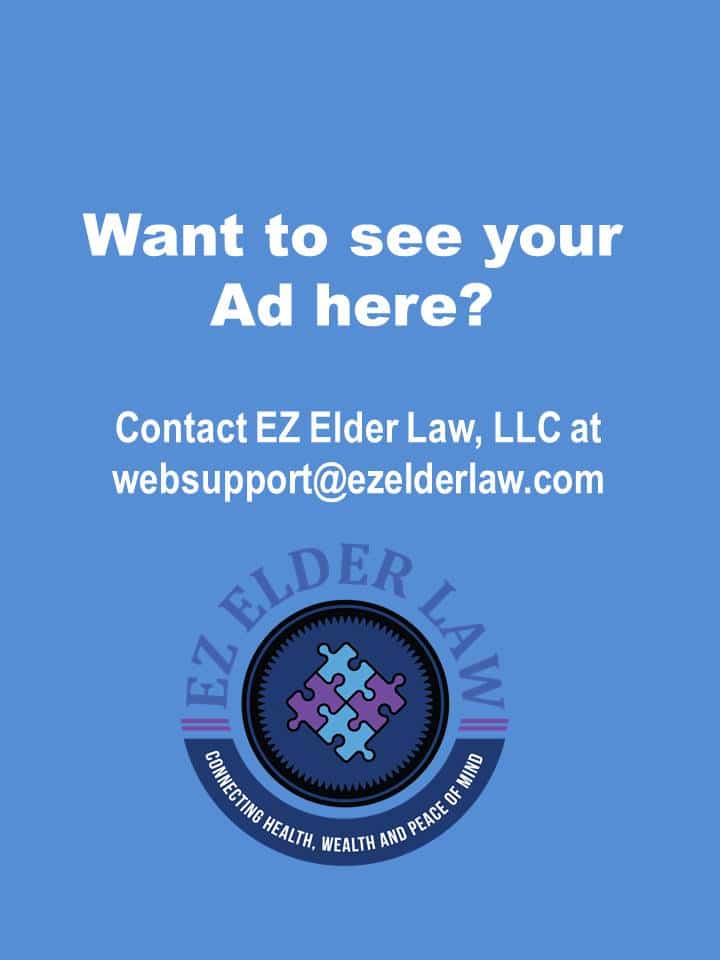The Federal Medicaid statute defines over 50 distinct population groups as being potentially eligible for States’ programs. Some groups (classes of assistance) are mandatory, meaning that all States that participate in the Medicaid program must cover them; others are optional. Prior to the 1980s, Medicaid eligibility was limited to very low-income families with dependent children, poor elderly and disabled individuals, and the “medically needy.”
- 42 C.F.R. Part 435, Subpart B, § 435.100 through 435.172 (listing Mandatory Coverage)
Beginning in the 1980s, additional eligibility pathways were added to the Medicaid statute to allow for the coverage of higher income children and pregnant women as well as other elderly and disabled individuals. In more recent years, States were given the option to provide Medicaid to other groups with specific characteristics including certain women with breast or cervical cancer, to uninsured individuals with tuberculosis, and to working individuals with disabilities. The ACA allows the States to expand Medicaid to provide coverage for low-income adults. Not all groups of Medicaid beneficiaries receive the same set of benefits.
Medicaid is a means-tested program. To qualify, applicants’ income and resources (or assets) must be within certain limits. The specific income and resource limitations that apply to each eligibility group are set through a combination of Federal parameters and State definitions. Consequently, those standards vary considerably among States, and different standards apply to different population groups within a State. For many of those groups, moreover, States have permission under a special provision, Section 1902(r)(2), to use more liberal standards for computing income and resources than are specified within each of the groups’ definitions. Most States use Section 1902(r)(2) to ignore or disregard certain types or amounts of income or assets, thereby extending Medicaid to individuals with earnings or assets too high to otherwise qualify under the specified rules for that eligibility pathway.




